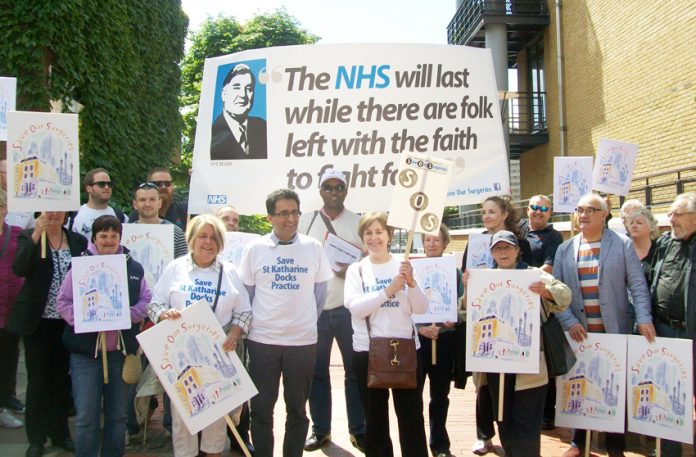MORE than half of family doctors say they are expecting to leave the profession early according to a new ComRes survey carried out for the BBC.
The results show 56 per cent of GPs expect to retire or leave before they are 60, including one in four saying they will definitely do so.
If that happens, it would create a major crisis for the NHS, which is already struggling to fill positions in local practices.
ComRes surveyed 1,004 GPs across the UK on behalf of the BBC’s Inside Out programme.
Each regional episode of Inside Out features local stories on GP services. In Cumbria the programme observes the pressures on one surgery (Whitehaven) where all 49 appointments are taken within 12 minutes of the phone line opening at 8am.
The BBC said it also has evidence that the NHS is paying Locums up to £850 a day to cover for GP shortages.
Dr Krishna Kasaraneni from the British Medical Association said he was ‘not surprised’ by the findings.
He said: ‘Politicians across the board need to acknowledge that general practice is not resourced correctly.’
Student doctors told the programme that many were put off taking jobs as GPs.
In the three years up to 2013 the number of unfilled GP posts almost quadrupled. Over the last five years consultations have shot up by an estimated 60 million a year.
Imperial Medical School student Mitul Patel said: ‘The work is so stressful it’s putting current and prospective GP trainees off.’
Maureen Baker, chair of the Royal College of GPs, said it was ‘not acceptable’ for there to be any stigma associated with GPs.
She said: ‘We’re actively taking steps to send the message out that it is not acceptable . . . If the service of general practice wasn’t there, their work (the work of hospital doctors and others) would be destroyed.’
Inside Out interviewed British GP, Dr Dave Jones, who now works in Perth, Australia. Asked for his thoughts on leaving the UK, he said: ‘I do feel guilty, to some extent.
‘When a government invests so much in training doctors. . . you are a national asset to that country.
‘But the way that asset is being treated in the UK is pushing people away. It’s reached the point where people are saying “no I’ve had enough, I’m not doing this anymore”.’
